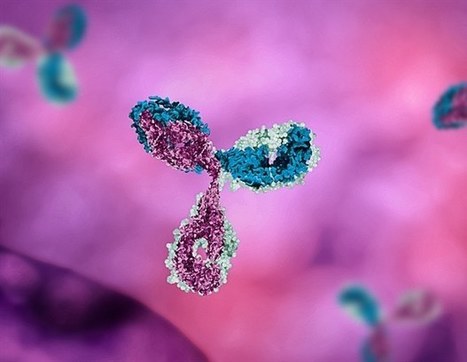Researchers at the Icahn School of Medicine at Mount Sinai have developed a novel vaccine consisting of DNA and recombinant proteins?proteins composed of a portion of an HIV protein and another unrelated protein.
Researchers first identified a part of the virus which, when bound to antibodies, results in the destruction of the virus and of virus-infected cells. Then they designed a vaccine that would induce these types of antibodies. This approach to vaccine design is called "reverse vaccinology."
The target identified by the researchers on the virus is called the V1V2 loop of the gp120 envelope protein. In studies of monkeys vaccinated with gp120 DNA and a combination of three novel recombinant proteins carrying the V1V2 region, antibodies were induced that display many different antiviral functions. These antibodies were of the type that had been associated with a reduced rate of HIV infection in previous human clinical trials. Showing that a vaccine will induce antibodies in monkeys is important since it suggests that humans will react similarly. The successful production of antibodies in monkeys with the novel vaccine studied in this report indicates that the vaccine should move forward to first-in-human studies to determine if it is as safe, well-tolerated, and immunogenic as it was in monkeys.
The studies were published July 23 on Cell Reports (Open Access):



 Your new post is loading...
Your new post is loading...







